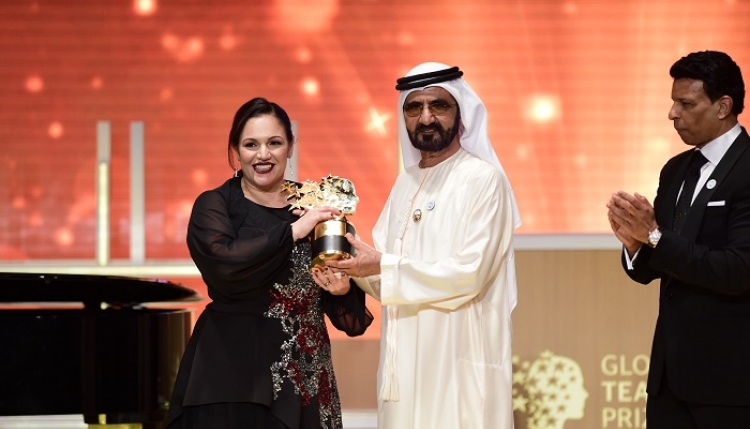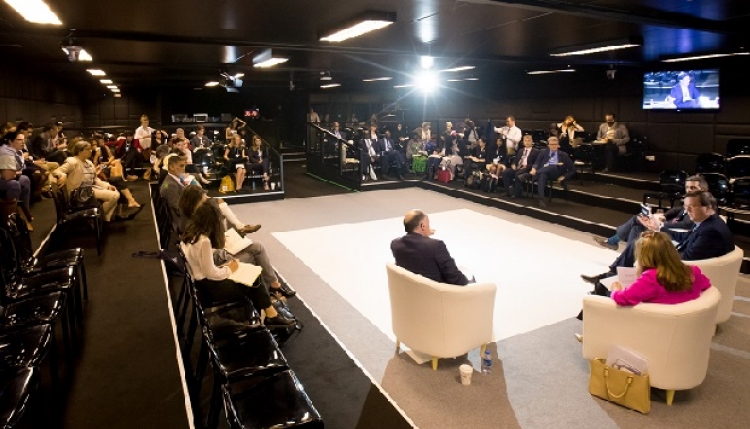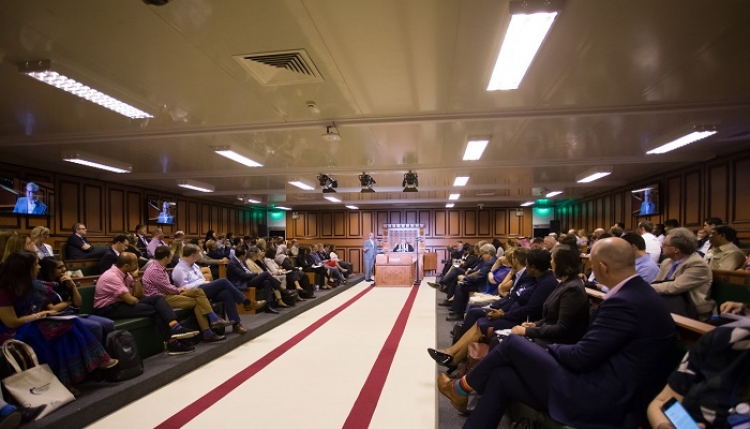Dubai - MENA Herald: A debate on whether private sector aid and philanthropic initiatives hurt public education had delegates at the fourth Global Education & Skills Forum (GESF) in Dubai thumping down the argument that governments must be the sole drivers.
Moving the motion that ‘the house believes aid and philanthropy hurts public education,’ Fred Van Leeuwen, General Secretary of Education International in Belgium, argued that all nations need a strong public education system that does not depend on charity or the contribution of the private sector.
He contended that 58 million children are still deprived of education because aid does not come at the right time or is fragmented. Van Leeuwen noted that for aid to be effective, it must build institutional capacity. Calling for the development of public education in a systematic and sustainable manner, he said that “the government must be in the driver’s seat.”
Terming private sector aid and philanthropy as conditional and results-based, he said bringing to book corporate tax evaders would be a more reliable way to raise funds that are needed on a priority basis to invest in public education.
Challenging the argument, Charles Tapp, Head of Partnerships & External Relations at the Global Partnership for Education, USA, said that while providing education solely by the private sector would not be sustainable or transformative, but argued that aid plays a catalytic role in improving the education system.
He called for mutual accountability – at both the government and private donor levels – to ensure the efficiency of fund management, and asserted that the children who are now deprived of education stand a chance only through additional support.
Defending the motion, Joel Samof, Professor of History at Stanford University, USA, presented a compelling argument on how fund donors change their mind as their priorities change, setting often unrealistic timelines for results. “Aid is not enabling; it creates dependency in the long-term,” he argued. “The conditions that donors set are at odds with the priorities of the recipients.”
Countering the argument, Tsitsi Masiyiwa, Executive Chairperson of Higherlife Foundation in South Africa, cited the experience of her organisation in providing education to over 200,000 students in Zimbabwe. She said that public education needs an all-hands-on-deck approach, and depending solely on government will take the worldwide efforts to strengthen primary education back to the stagnation of the 1980s.
The debate saw nearly two-thirds of the participants voting against the motion, thus reiterating their confidence in private sector aid and philanthropic initiatives to make a positive difference.
The Forum is convened by the Varkey Foundation and held under the patronage of HH Sheikh Mohammed bin Rashid Al Maktoum, Vice President and Prime Minister of the UAE and Ruler of Dubai.
With partners including UNESCO, Harvard Graduate School of Education and Dubai Cares, GESF features intense debates on reconciling the relevance, excellence and inclusiveness of both public and private learning environments. GESF 2016 will culminate on Sunday March 13 with the live announcement of the second annual award of the US $1 million Global Teacher Prize.





